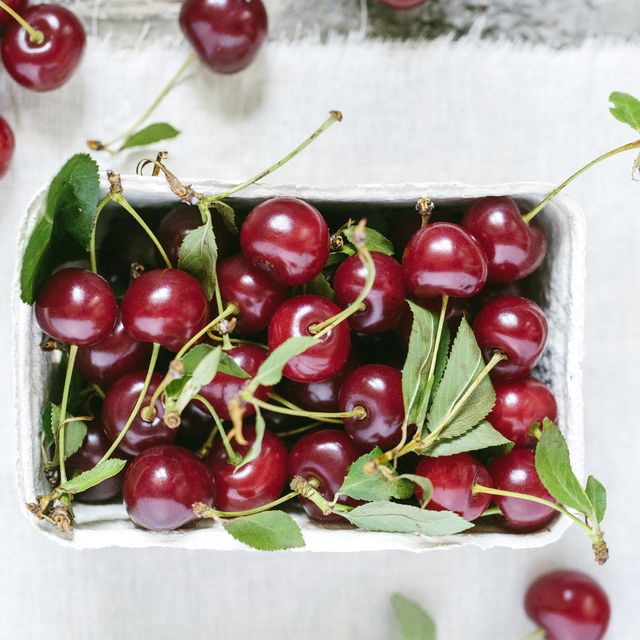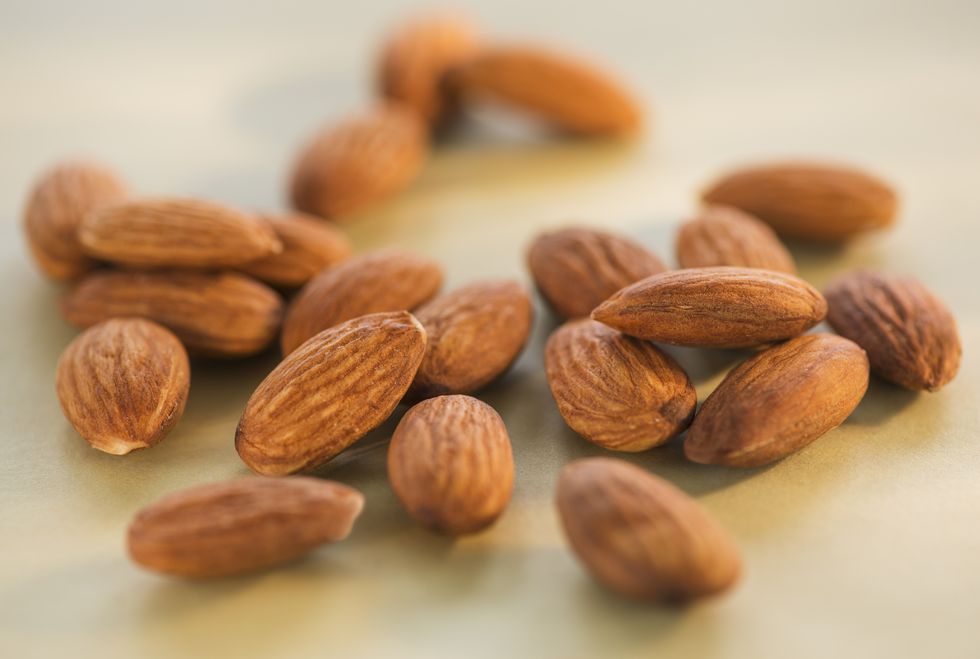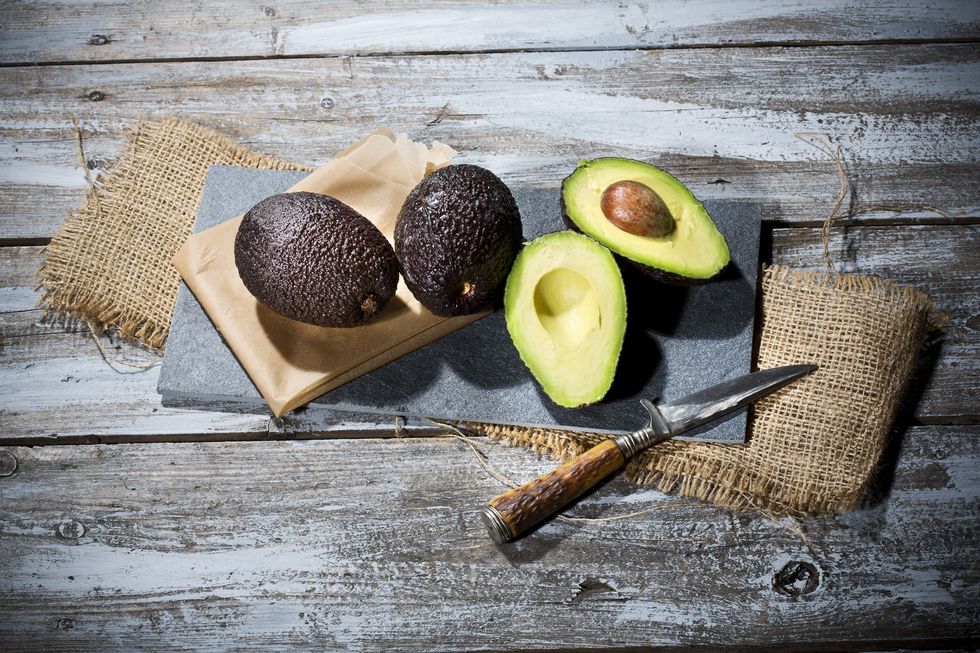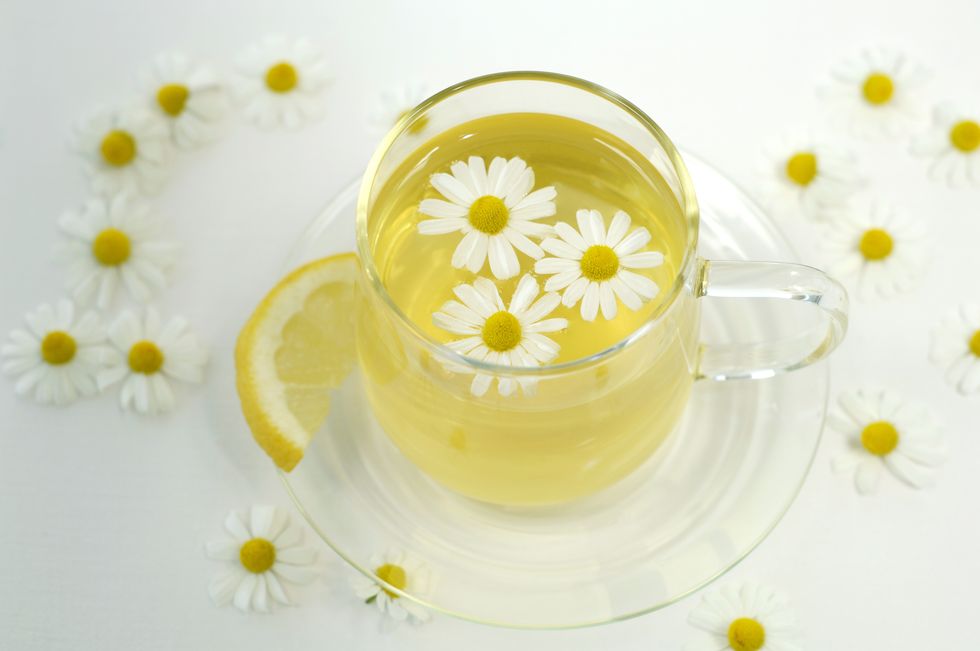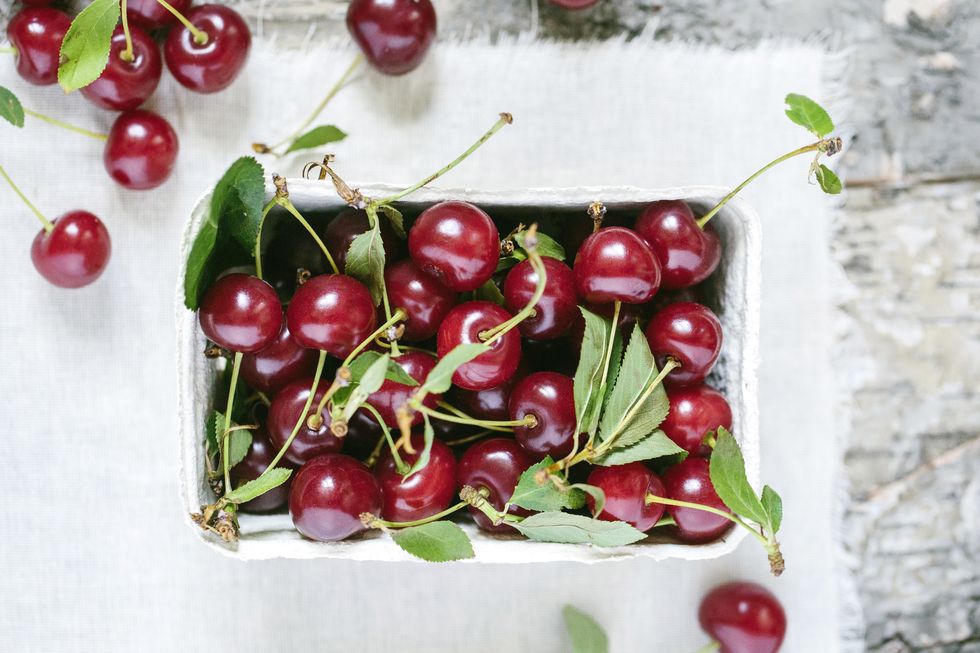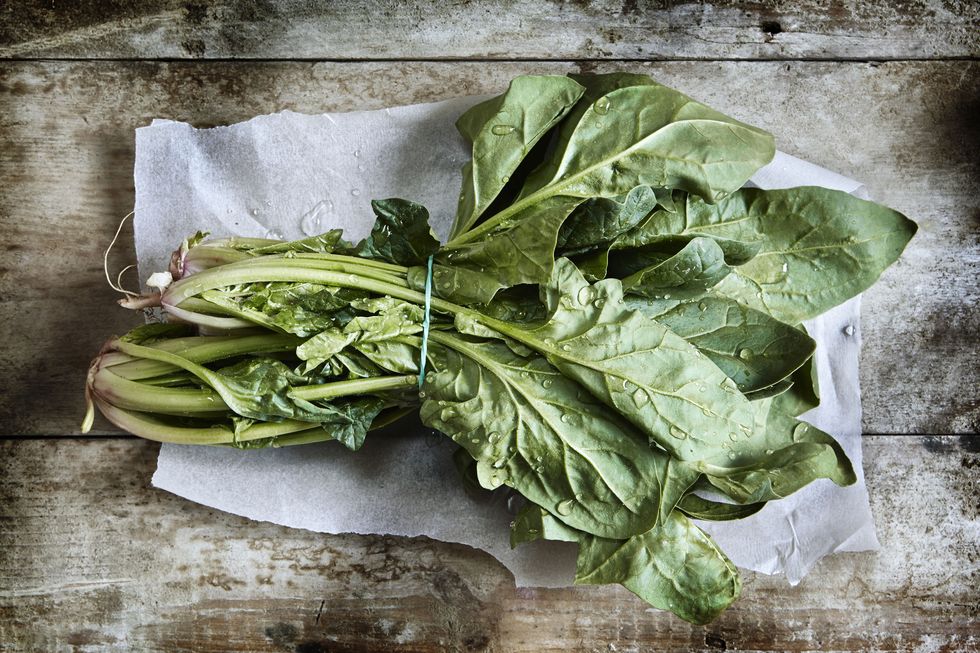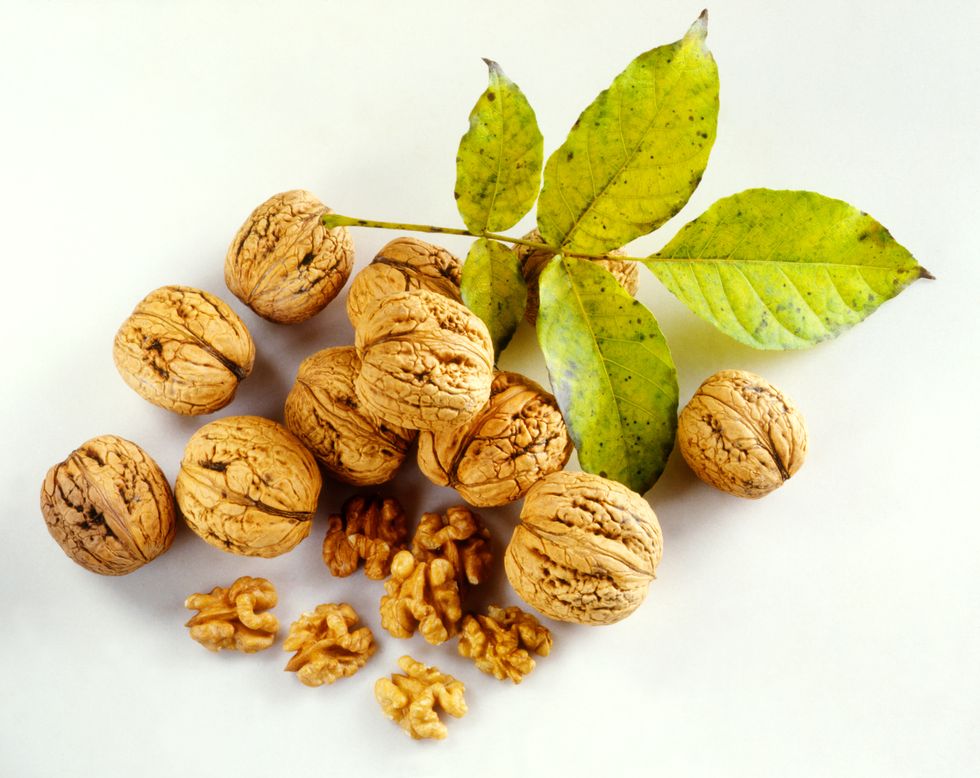It turns out that we Brits are under-sleeping by about an hour a night, an as a result losing the equivalent of one night's sleep a week. Yikes.
New research by the Royal Society of Public Health studied 2000 people and found the average UK adult sleeps for 6.8 hours a night, but needs 50 minutes more. Many participants admitted lack of sleep has a negative impact on their health and wellbeing.
So what can we do to sleep better? The answer lies in what we put on our plates.
Many nutrients play a role in healthy sleep. And eating these nutrients in food - rather than getting them through supplements - is the most holistic way to make sure your body has the building blocks to regulate sleep. Aim to eat the following foods several times a week:
Almonds
Almonds are rich in magnesium, which is needed for quality sleep. According to dietary surveys, your body is likely lacking in magnesium, with findings suggesting that as many as 80% of us may not be getting enough from our diets.
Avocados
In addition to being rich in high-quality fats, avocados are an excellent source of potassium. Potassium works synergistically with magnesium to improve sleep, among other things. Eating more avocados is an excellent way to add more potassium into your diet to help your body get the sleep it needs. Green vegetable juice is also loaded with potassium.
Chamomile Tea
Drinking a cup of chamomile tea before bed is more than just a folk remedy. Researchers have found that it’s associated with a rise in glycine, a chemical that has sedative properties and that promotes muscle relaxation. Try drinking a cup an hour before bedtime.
Cherries
A good night’s sleep is a bowl of cherries—literally, as these luscious fruits contain magnesium. Have a handful (no more) an hour before bedtime (unless you are incorporating intermittent fasting; then take them three hours before bedtime).
Green Leafy Vegetables
Greens such as kale, Swiss chard, and spinach are loaded with minerals that promote sleep. They are rich in calcium and are excellent sources of magnesium. These sleep-enhancing nutrients are yet another reason I am such a big advocate of green juice. My personal strategy is to drink a half-litre to a litre of fresh green vegetable juice every day. It is one of my primary sources of magnesium.
Walnuts
Walnuts benefit your sleep as they are a good source of tryptophan, an amino acid that helps your body make melatonin.
Extract from 'Effortless Healing: 9 simple ways to sidestep illness, shed excess weight and help your body fix itself' by Dr David Perlmutter (Hay House).
